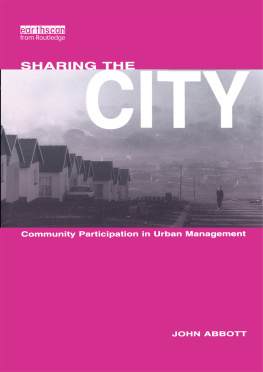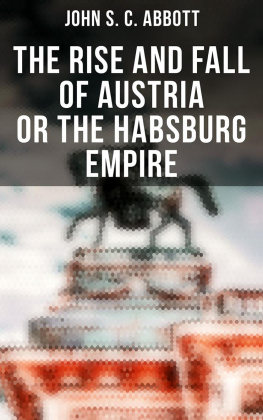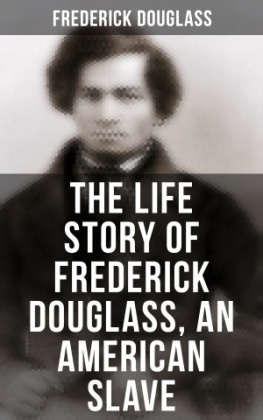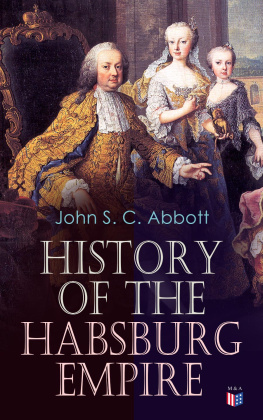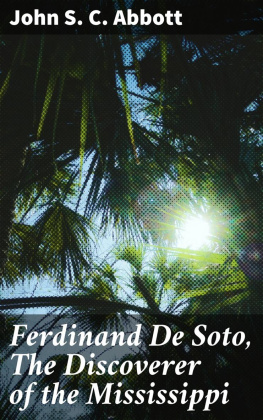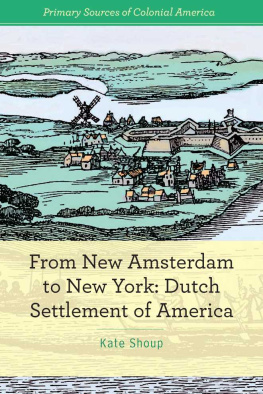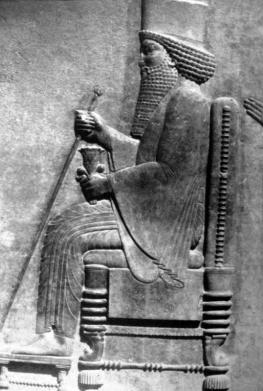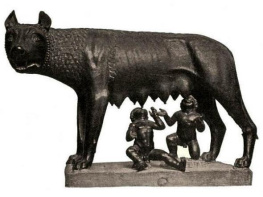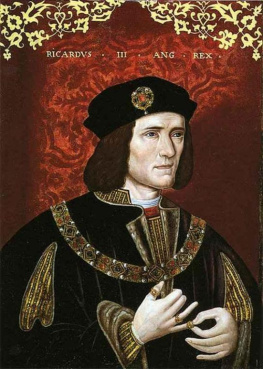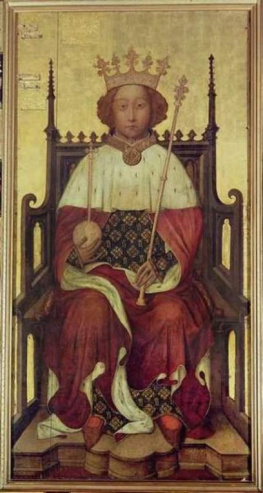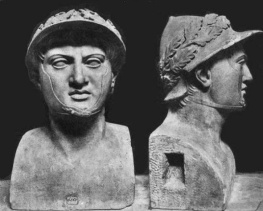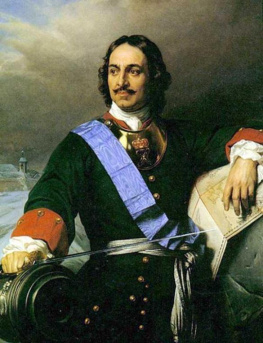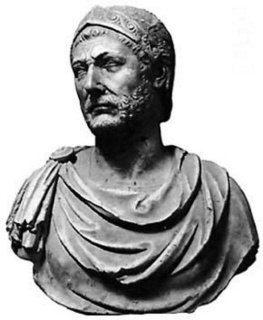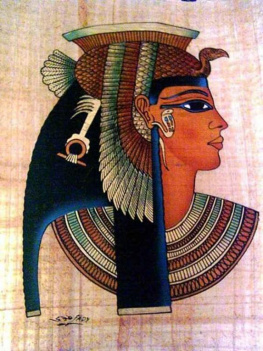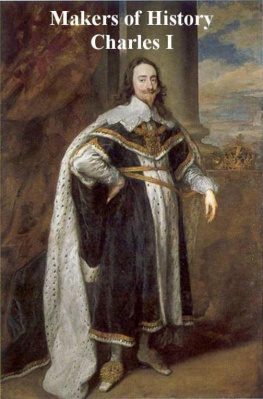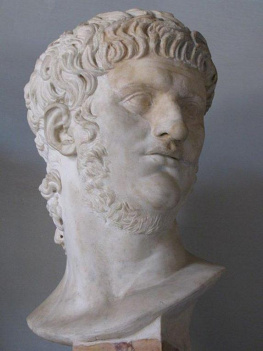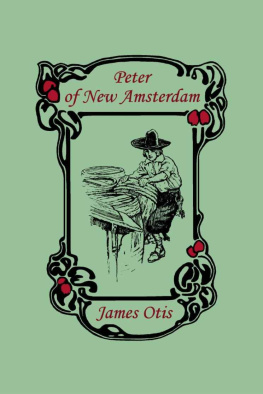John S. C. Abbott - Peter Stuyvesant, the Last Dutch Governor of New Amsterdam
Here you can read online John S. C. Abbott - Peter Stuyvesant, the Last Dutch Governor of New Amsterdam full text of the book (entire story) in english for free. Download pdf and epub, get meaning, cover and reviews about this ebook. year: 2018, publisher: Litres, genre: Romance novel. Description of the work, (preface) as well as reviews are available. Best literature library LitArk.com created for fans of good reading and offers a wide selection of genres:
Romance novel
Science fiction
Adventure
Detective
Science
History
Home and family
Prose
Art
Politics
Computer
Non-fiction
Religion
Business
Children
Humor
Choose a favorite category and find really read worthwhile books. Enjoy immersion in the world of imagination, feel the emotions of the characters or learn something new for yourself, make an fascinating discovery.

- Book:Peter Stuyvesant, the Last Dutch Governor of New Amsterdam
- Author:
- Publisher:Litres
- Genre:
- Year:2018
- Rating:4 / 5
- Favourites:Add to favourites
- Your mark:
- 80
- 1
- 2
- 3
- 4
- 5
Peter Stuyvesant, the Last Dutch Governor of New Amsterdam: summary, description and annotation
We offer to read an annotation, description, summary or preface (depends on what the author of the book "Peter Stuyvesant, the Last Dutch Governor of New Amsterdam" wrote himself). If you haven't found the necessary information about the book — write in the comments, we will try to find it.
Peter Stuyvesant, the Last Dutch Governor of New Amsterdam — read online for free the complete book (whole text) full work
Below is the text of the book, divided by pages. System saving the place of the last page read, allows you to conveniently read the book "Peter Stuyvesant, the Last Dutch Governor of New Amsterdam" online for free, without having to search again every time where you left off. Put a bookmark, and you can go to the page where you finished reading at any time.
Font size:
Interval:
Bookmark:


York.Description of the Bay.Voyage of Sir Henry
Hudson.Discovery of the Delaware.The Natives.The Boat
Attacked.Ascending the Hudson.Escape of the
Prisoners.The Chiefs Intoxicated.The Return.The
Village at Castleton.The Theft and its Punishment.The
Return to England.
pleasant situation among some steep hills, through which a
very large river, deep at its mouth, forced its way to the
sea. From the sea to the estuary of the river, any ship
heavily laden might pass, with the help of the tide, which
rises eight feet. But as we were riding at anchor, in a good
berth, we would not venture up in our vessel without a
knowledge of the mouth. Therefore we took the boat, and
entering the river, we found the country, on its banks, well
peopled, the inhabitants not much differing from the others,
being dressed out with the feathers of birds of various
colors.
"They came towards us with evident delight, raising loud
shouts of admiration, and showing us where we could most
securely land with our boat. We passed up this river about
half a league, when we found it formed a most beautiful lake
three leagues in circuit, upon which they were rowing thirty
or more of their small boats, from one shore to the other,
filled with multitudes who came to see us. All of a sudden,
as is wont to happen to navigators, a violent contrary wind
blew in from the sea, and forced us to return to our ship,
greatly regretting to leave this region which seemed so
commodious and delightful, and which we supposed must also
contain great riches, as the hills showed many indications
of minerals."
Font size:
Interval:
Bookmark:
Similar books «Peter Stuyvesant, the Last Dutch Governor of New Amsterdam»
Look at similar books to Peter Stuyvesant, the Last Dutch Governor of New Amsterdam. We have selected literature similar in name and meaning in the hope of providing readers with more options to find new, interesting, not yet read works.
Discussion, reviews of the book Peter Stuyvesant, the Last Dutch Governor of New Amsterdam and just readers' own opinions. Leave your comments, write what you think about the work, its meaning or the main characters. Specify what exactly you liked and what you didn't like, and why you think so.

